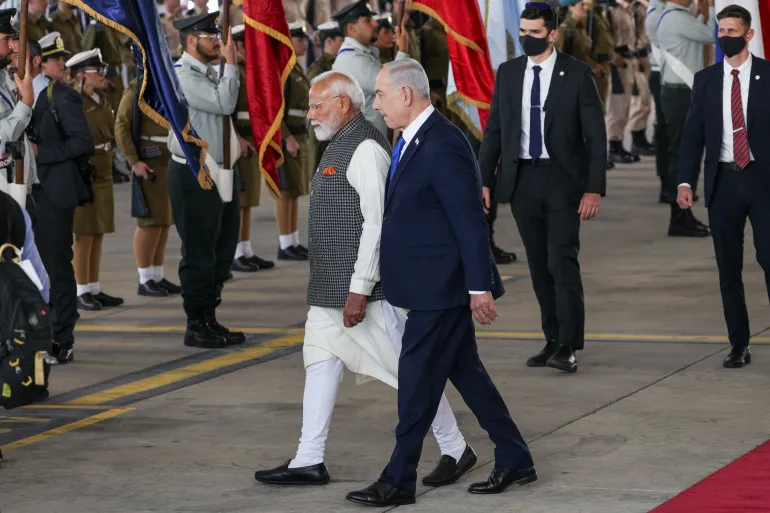Editorial
Pakistan’s political and military governments have long struggled to deliver effective governance, yet one constant remains — the obstructionist role of the civil bureaucracy. For decades, bureaucratic structures have resisted reform, manipulated policy outcomes, and undermined elected and non-elected administrations alike. This enduring resistance has left the state weak, policy-making fragmented, and citizens disillusioned with both their rulers and the system.
Civil servants were expected to act as neutral professionals ensuring continuity of state functioning, but in practice, they became guardians of entrenched interests. Successive governments, whether civilian or military, often discovered too late that their policy ambitions were thwarted by bureaucratic maneuvering. From delayed implementation to quiet sabotage, the bureaucracy mastered the art of self-preservation, protecting its privileges while hollowing out governance.
The only period in recent history where bureaucracy’s dominance was briefly curtailed was during General Pervez Musharraf’s era, when the devolution plan introduced elected local governments. For the first time, power was partially shifted away from bureaucrats to grassroots representatives. Though imperfect, this system limited bureaucratic manipulation of governance and provided citizens a rare taste of participatory democracy. Yet, with Musharraf’s departure, bureaucratic dominance was swiftly restored, undoing even those limited gains.
Pakistan has still not fully realized the scale of damage inflicted by its bureaucracy. Politicians frequently blame each other for failures, and the military often claims political governments lack capacity, but the deeper structural problem is the bureaucratic machine itself. Unless Pakistan confronts the culture of secrecy, resistance, and self-interest within its civil service, no government — democratic or authoritarian — will achieve meaningful reform.
True progress requires dismantling the myth of bureaucratic indispensability. The state must reimagine governance by strengthening local governments, demanding accountability from civil servants, and ensuring that policymaking is driven by public interest rather than bureaucratic survival. Only then can Pakistan move beyond decades of stagnation and reclaim the promise of effective governance.
















